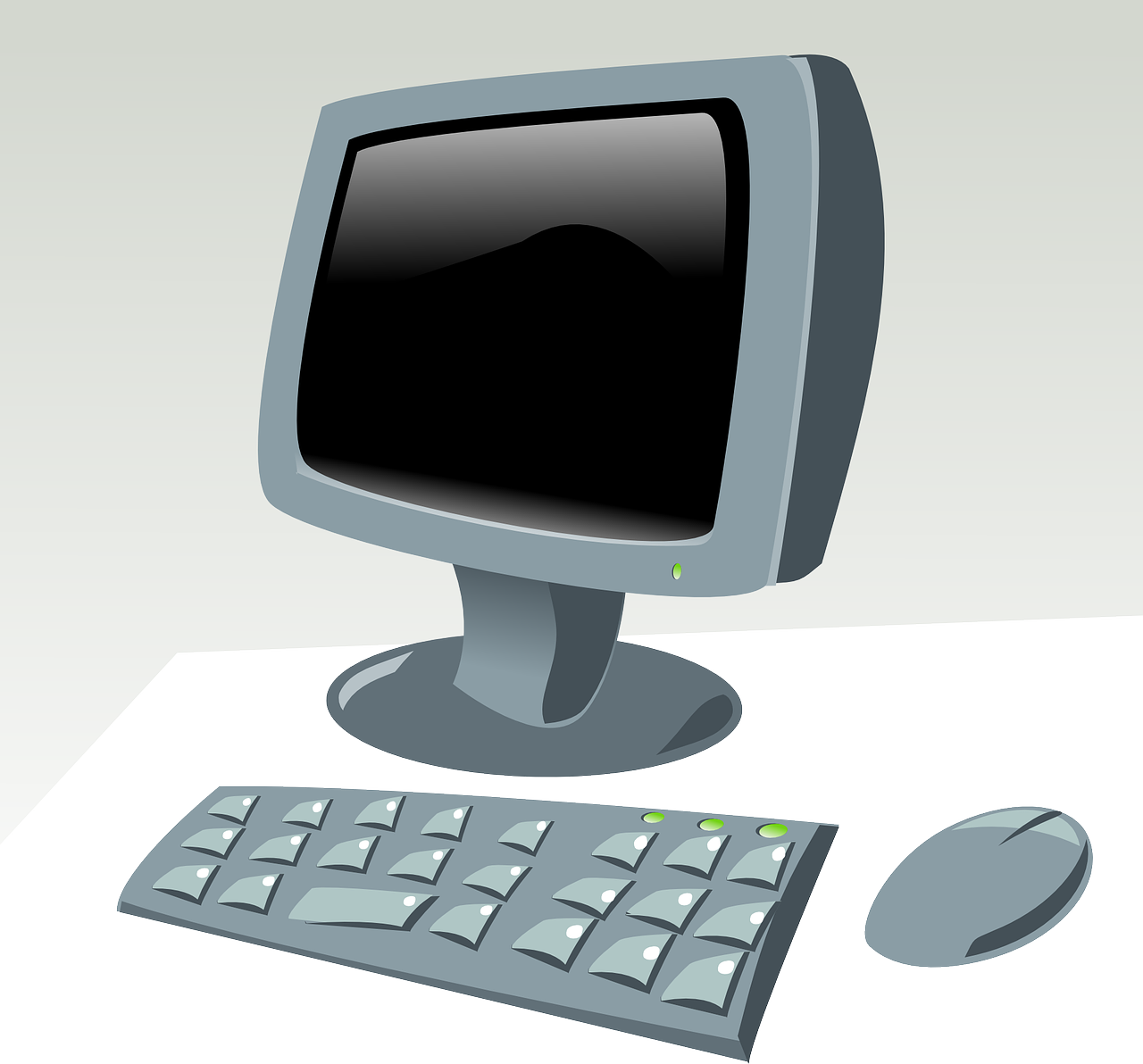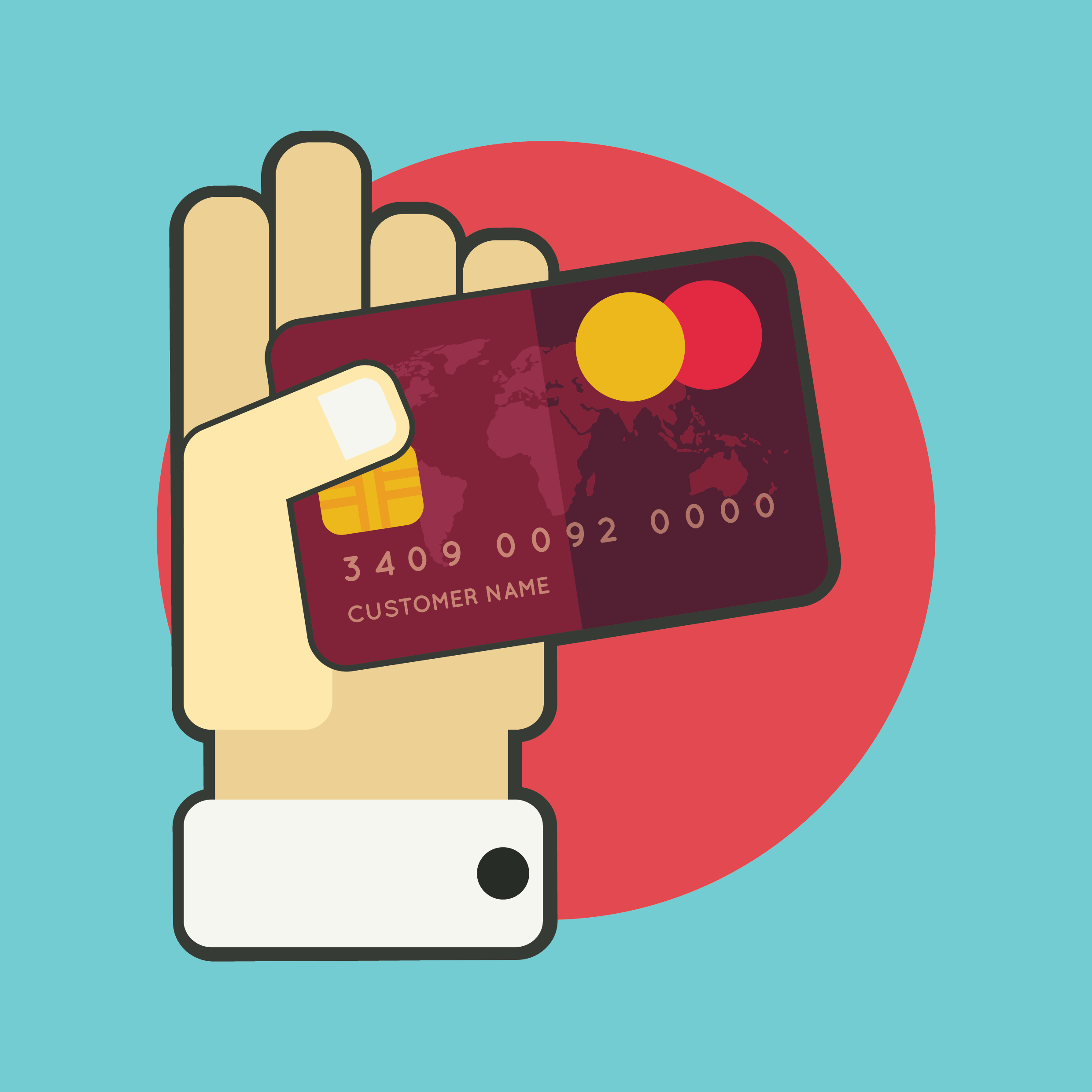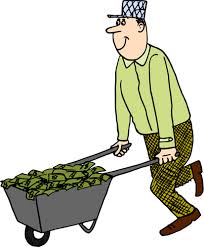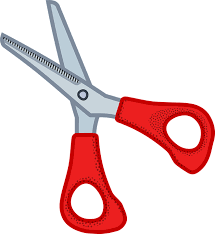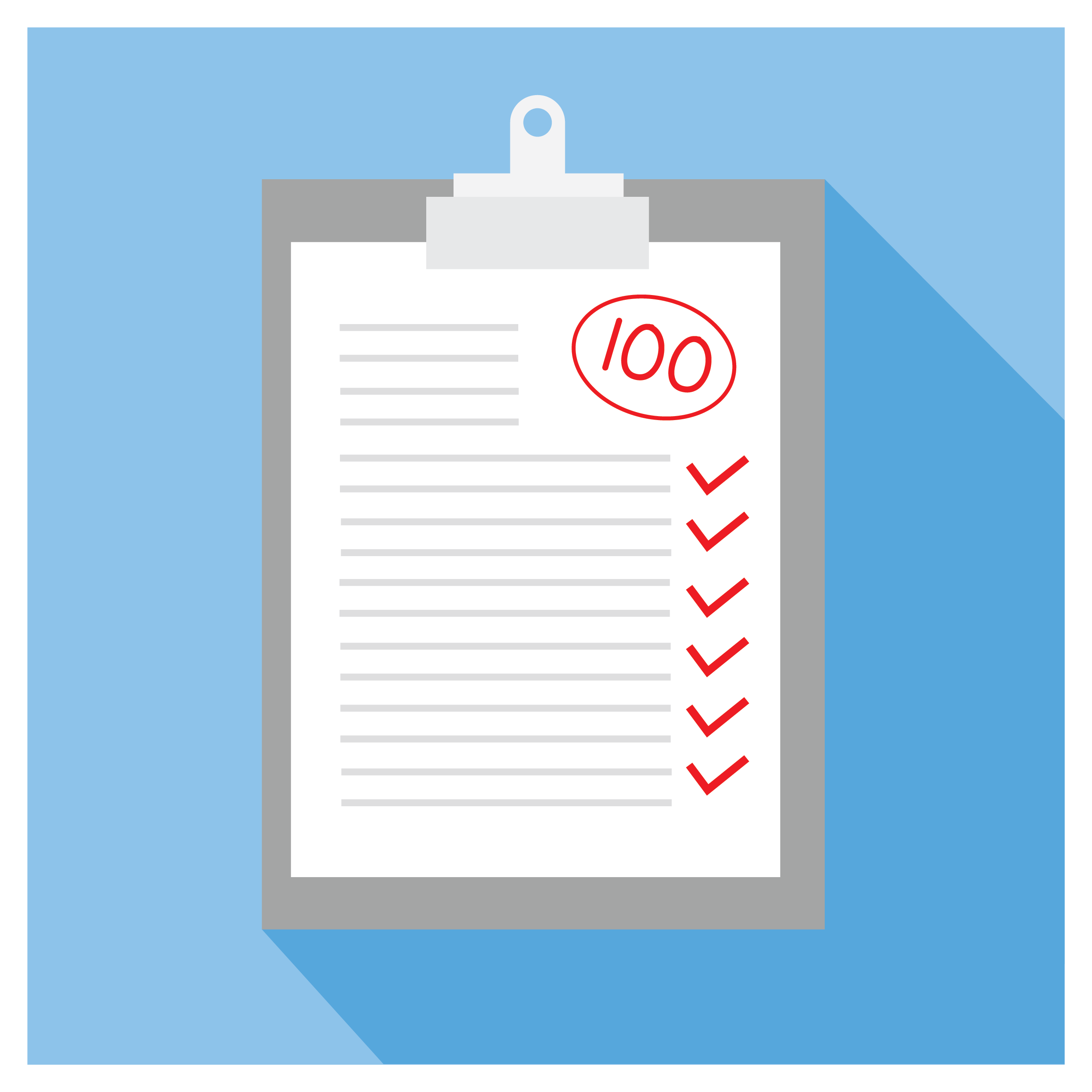Budgeting Facts – Managing Money
A budget is a spending plan. You first have to know how much money you earn every week or every month.
Then, make a list of all the things that you know you have to pay.
These are the expenditures that never change. For example, your rent, car expenses, utilities, food, insurance, etc.
With any luck, those expenditures do NOT equal your earnings.
There should be money left over.
Leftover money
So now, you have the amount of money left over from your paycheck to make other purchases.
A budget will keep you out of debt and make you think before you decide to buy – no spur-of-the-moment purchases.
You should ask yourself if you really need what you are thinking of buying.
It is a good idea to divide your leftover money (money not needed for essentials) to allow for entertainment (movies and dining out), clothing, trips, gifts for birthdays, etc – and savings.
Keep track of everything you buy. There are many software products out there that help you track what you spend.
Debts
If you have debts accumulated by not following a budget, such as a credit card debt, or money you borrowed from your parents or a friend, this money has to be included in your budget.
One part of the left-over money has to be devoted to paying those debts.
Credit Card Debt
One of the easiest ways to get into trouble is using a credit card instead of cash.
It is too easy to use a credit card and the amount owing can easily become overwhelming.
Credit card companies are counting on the fact that people want things now and are not willing to wait until they have the cash to pay for it.
The shock comes at the end of the month when you realize you cannot pay the amount you owe. So, the credit card company says: “OK, just pay the minimum.”
What you may not realize is that more interest is added the next month. You can never pay the balance owed by paying the minimum amount.
When you create a budget, it is best to cut up your credit card.
Savings
Every budget should include an amount of money dedicated to savings. Savings should accumulate and be used as an emergency fund.
Sometimes you may have to sacrifice going out to dinner in order to put money away. Bankers suggest you put 10% of your earnings into savings.
This may not be possible but you should always put some amount into a savings account. It can be used for emergencies or for a trip or vacation you want to take in the future.
Quiz Time!
QUESTIONS
What is a budget?
What does a budget show you?
Name 3 essential monthly payments?
Why is using a credit card a bad idea?
Why should some of your left-over money be allocated to savings?
ANSWERS
A budget is a way of allocating your earnings and making a spending plan.
A budget will divide your earnings into essential payments and what is left over so you know what you can spend.
Essential payments are rent, food, utilities, etc.
Credit cards are too easy to use and the debt accumulated can be overwhelming.
Putting money away in a savings account will give you money to use in an emergency or to use for future trips or vacations, or anything else you want in the future.



